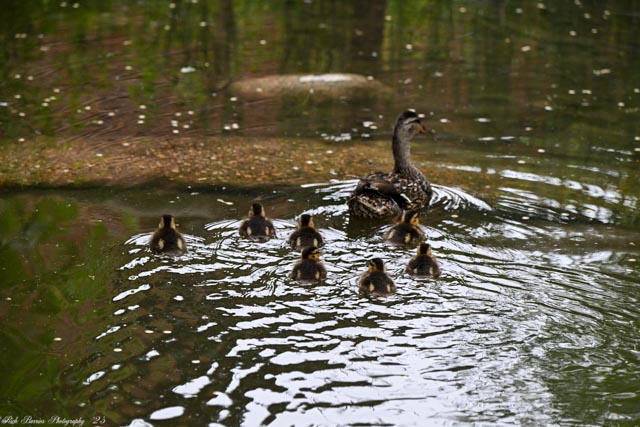- Importance of Zoological Parks in Wildlife Conservation
- Zoology Insights: Learning Through Observation
- Creating Memorable Experiences for Families
- Engaging the Public in Conservation Efforts
- Enhancing Visitor Experience with Educational Programs
Zoological parks play a pivotal role in wildlife conservation. These institutions are more than just recreational spaces; they are vital in preserving biodiversity and species restoration. Captive breeding programs for endangered species help bolster wild populations. For instance, the California condor and the Arabian oryx have benefitted significantly from these efforts. Zoos collaborate with international organizations to develop strategies that mitigate threats to wildlife, such as habitat destruction and poaching. By focusing on creating stable, genetically viable populations, zoos contribute actively to preserving animal biodiversity.
Understanding animal behavior and biology is integral to enhancing conservation efforts. Zoos are hubs for zoological research, offering the opportunity to study various species up close. Researchers can observe mating rituals, dietary habits, and social interactions within controlled environments. This data aids in understanding the ecological roles of animals in their native habitats. Observational research conducted in zoos often feeds into broader ecological studies, establishing patterns critical to preservation efforts. By disseminating findings through publications and educational programs, zoos ensure that knowledge contributes to global conservation.
Zoos also create memorable experiences for families, allowing visitors to connect personally with wildlife. Viewing animals in naturalistic settings fosters appreciation and empathy toward different species. Interactive exhibits, such as feeding sessions and animal encounters, offer a tactile understanding of animal life. Such experiences are enriching, leaving lasting impressions, especially on young minds. Families visiting zoos together bolster communal support for conservation causes. Special events, like discounted admissions on Mother’s Day, serve to invite and involve wider audiences, leading to repeated engagement and enduring connections with nature.
Public engagement is a cornerstone of conservation efforts. Educational programs and workshops offered by zoos cultivate environmental consciousness. By hosting talks and interactive sessions, zoos bridge the gap between scientific understanding and public knowledge. These programs are designed to highlight the significance of conservation, emphasizing sustainable practices visitors can adopt. Awareness campaigns align with global initiatives to address issues like climate change and illegal wildlife trade. Engaging the public in these conversations allows zoos to harness collective effort for protecting ecosystems.
Visitors’ experiences are further enhanced by educational programs focusing on science and conservation. Programs are multifaceted, addressing various learners’ needs—from young children to seasoned conservationists. Behind-the-scenes tours and volunteer opportunities provide deeper insights into daily zoo operations and animal care. Provision of curriculum-based materials for schools ensures that zoos support formal education as well. By leveraging technology, zoos can expand reach through virtual tours and interactive digital content, enhancing accessibility. These programs are pivotal for transforming casual visitors into informed advocates for conservation.
*****
Source Description
Mother’s Day is just around the corner! Celebrate with us by bringing that special mom for a visit—mothers receive discounted admission and a free train ride!
We’re open from 10:00 AM to 6:00 PM, weather permitting.
📸Rich Barrios


